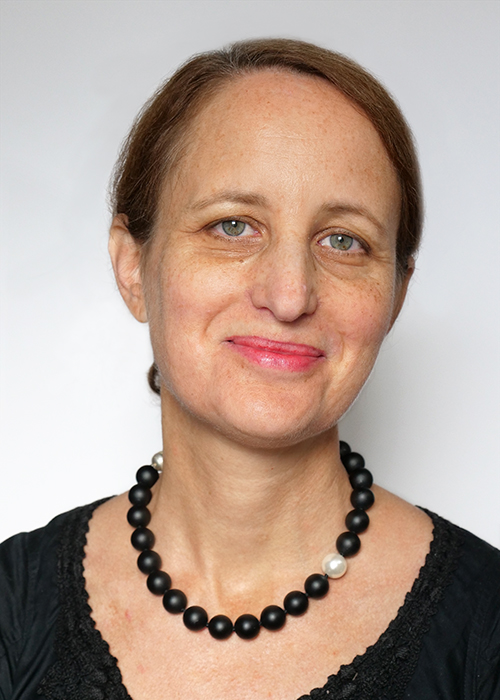Sophia Rosenfeld is Walter H. Annenberg Professor of History at Penn, where she teaches European intellectual and cultural history with a special emphasis on the Enlightenment, the trans-Atlantic Age of Revolutions, and the legacy of the eighteenth century for modern democracy. She is the author of A Revolution in Language: The Problem of Signs in Late Eighteenth-Century France (Stanford, 2001); Common Sense: A Political History (Harvard, 2011); and Democracy and Truth: A Short History (Penn, forthcoming). Her articles and essays have appeared in the American Historical Review, the Journal of Modern History, French Historical Studies, and the William and Mary Quarterly, as well as The New York Times, The Washington Post, Dissent, and The Nation, and she is a former editor of Modern Intellectual History. Currently, she is co-editing (with Peter Struck) a six-volume book series for Bloomsbury on the cultural history of ideas since antiquity and writing a book, to be published by Princeton, on how the idea and practice of choice-making became so central to modern conceptions of freedom.
Sophia Rosenfeld
Wolf Humanities Center Penn Faculty Fellow
2018—2019 Forum on Stuff
Sophia Rosenfeld
Walter H. Annenberg Professor of History, University of Pennsylvania
“The Choices We Make: The Roots of Modern Freedom”
How did people in the West come to make the exercising of individual choice into a proxy for freedom in so many domains, from consumer goods to political representation? And what means, formal and informal, developed along the way to delimit opportunities for choice-making or the options themselves in each of these arenas so as to prevent them from becoming psychologically overwhelming or a threat to social order? “The Choices We Make: The Roots of Modern Freedom” explores the emergence, between the late seventeenth century and the present, of a range of evolving social practices, from shopping to voting, related to picking and choosing “stuff” and people from menus of options. The book is intended to reveal the stages by which the relatively modern idea of expanded choice as freedom became the shared foundation of capitalism and human rights alike--and the consequences thereof.



